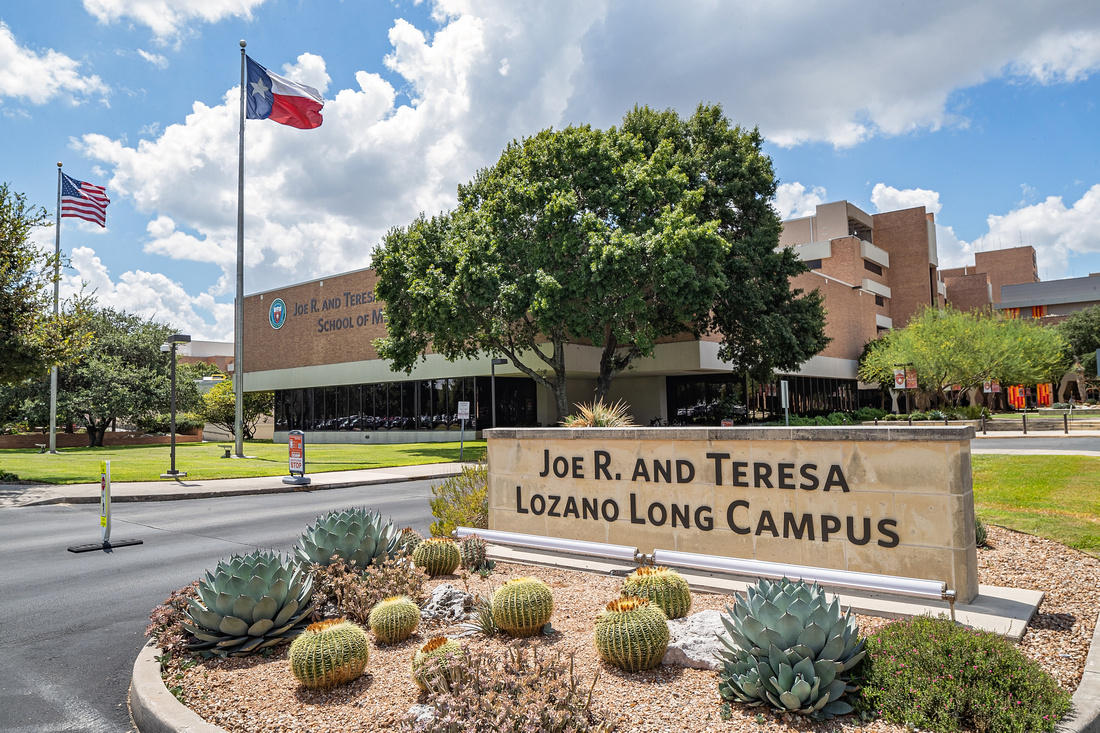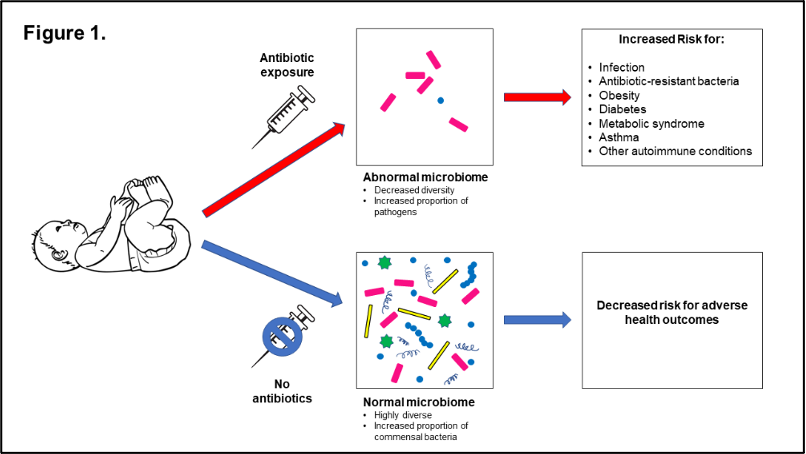Background
Dissemination and implementation science can accelerate the delivery of evidence-based practices to the front lines of medicine. Generally, a long time can pass before research impacts practice. By studying creative, flexible dissemination efforts and real-world adaptations to implementation barriers, implementation science can improve the reach, timeliness, and generalizability of best practices. At present, a critical health disparity is lack of access to certain subspecialists for infants born in rural and medically underserved areas.
Many well-baby nurseries – particularly those in rural or medically underserved areas – do not have access to antimicrobial stewardship programs (ASPs) or pediatric infectious diseases specialists. In contrast to neonatal ICUs, which are generally located in large referral centers and have an academic affiliation with a university system, well-baby nurseries are often located in smaller, community-based private hospitals. For such hospitals, the well-baby nursery may represent the only pediatric care within the facility. Not surprisingly, a recent survey of ASP programs in nurseries across the U.S. found that most level 1 and level 2 nurseries did not have ASPs, pediatric pharmacists, or pediatric infectious diseases providers on-site. Nursery providers in these medically underserved areas tend to agree with the importance of having an ASP, but list lack of access to expertise and lack of time as major barriers to implementing antibiotic stewardship in their nursery.
The OKAPI program is the first large-scale effort to combine telestewardship with infectious diseases clinical support for the care of newborns in rural or medically underserved areas. Telehealth strategies have been effective in addressing rural health disparities in older children and adults, but our pilot study of telestewardship in the nursery setting was the first to apply these principles to newborn care. We aim to offer participation in the OKAPI program to all rural or medically underserved nurseries in Texas. Our long-term aims include expanding our clinical partners and OKAPI program coverage areas to medically underserved areas throughout the U.S.



